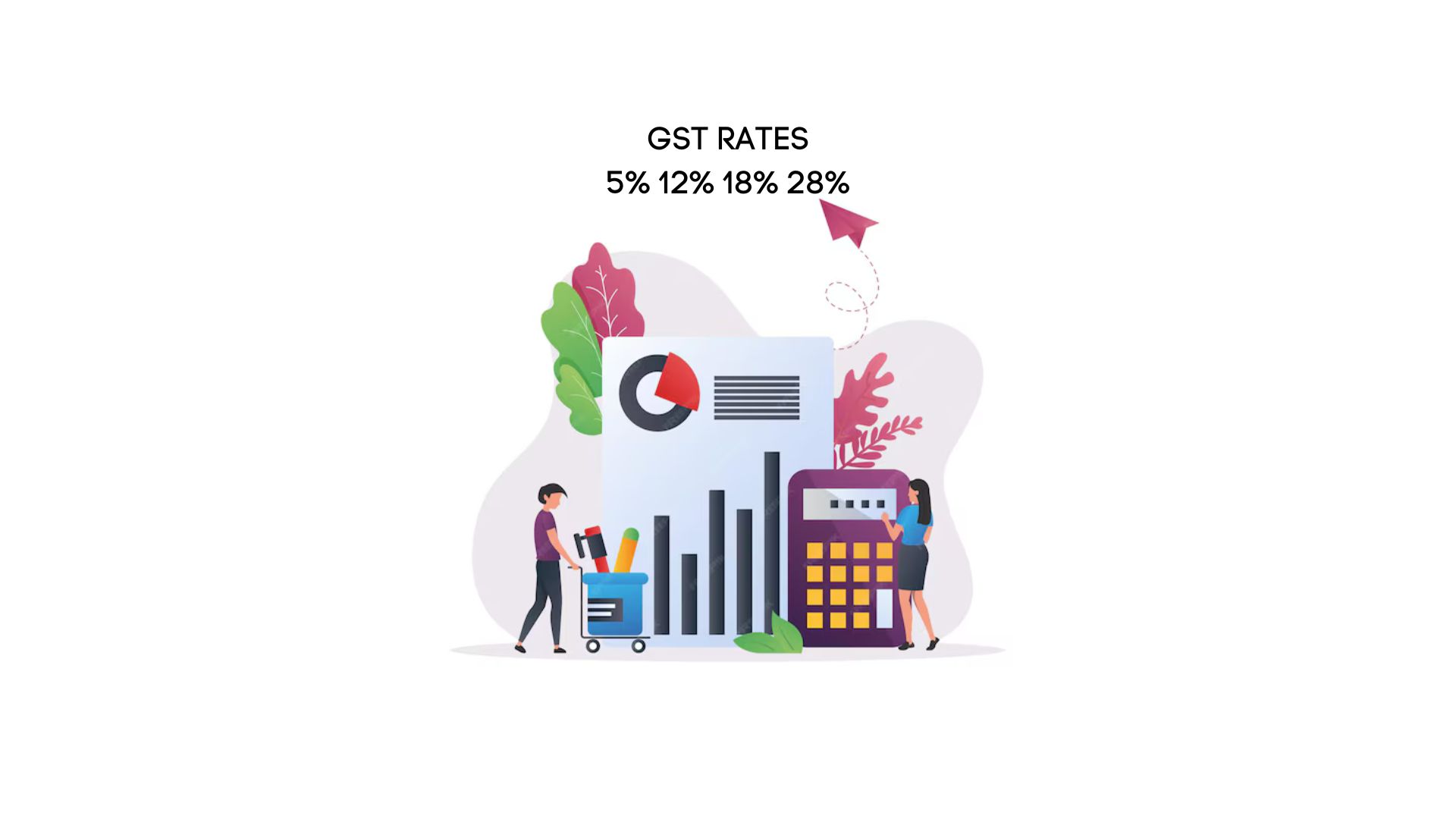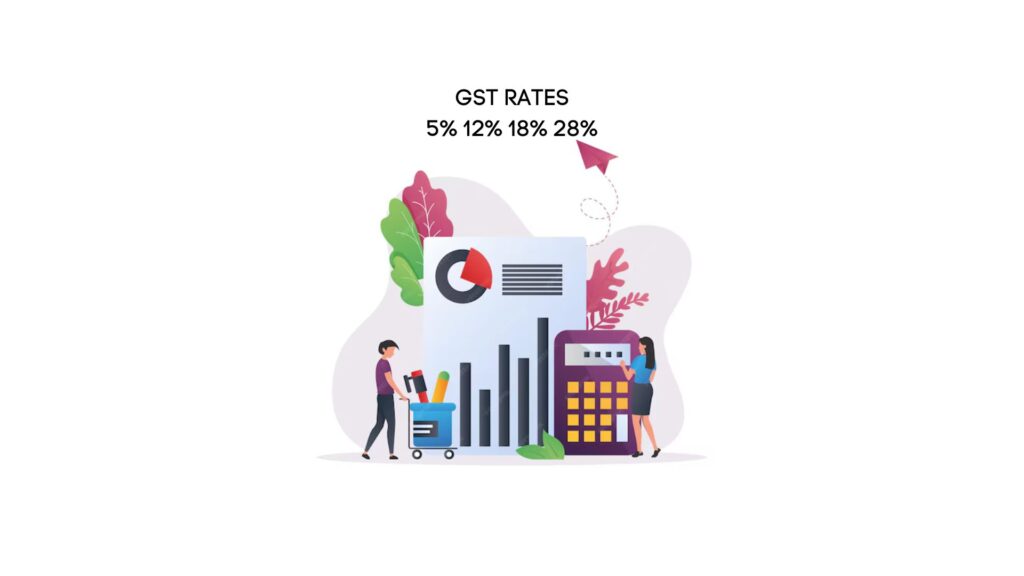
25 Jun GTRI Proposes GST Reforms: Higher Exemption Limits

The Global Trade Research Initiative (GTRI) on Friday proposed several reforms to enhance the efficiency and business-friendliness of the Goods and Services Tax (GST) system. Among these suggestions are increasing the GST exemption limit for firms with up to Rs 1.5 crore turnover, reducing the number of GST slabs, and eliminating the need for state-wise registration. These changes aim to contribute to economic growth and streamline GST processes.
As GST marks its 7th anniversary since its launch on July 1, 2017, it has evolved into the world’s largest indirect tax platform, boasting over 1.46 crore registrations, according to GTRI. In the fiscal year 2024, GST collections reached Rs 20.18 lakh crore (USD 243.13 billion), with 29.85% from imports, 26.92% from inter-state supplies, and 43.23% from within-state supplies. The prominence of within-state supplies underscores the necessity of simplifying GST rules to bolster inter-state trade, GTRI noted.
The think tank also recommended increasing the GST exemption limit for firms with an annual turnover of up to Rs 1.5 crore from the current threshold of Rs 40 lakh. This move is expected to be transformative for the MSME sector, fostering job creation and growth. Notably, firms with less than Rs 1.5 crore turnover comprise over 80% of registrations but contribute less than 7% of the overall tax collection.
GTRI explained that a yearly turnover of Rs 1.5 crore equates to Rs 12-13 lakh monthly turnover, resulting in just Rs 1.2 lakh at a 10% profit margin. Raising the exemption limit would decrease the GST system’s burden from 1.4 crore taxpayers to under 23 lakh. This reduction would enable the implementation of invoice-matching for 100% compliance, effectively curbing fake invoices and tax evasion. GTRI believes that the increase in tax collection would offset the 7% tax loss.
Furthermore, GTRI suggested reducing GST on basic food items, healthcare services, and educational materials to make these essentials more affordable and boost consumption. They emphasized that tax collection on these necessities is minimal.


No Comments